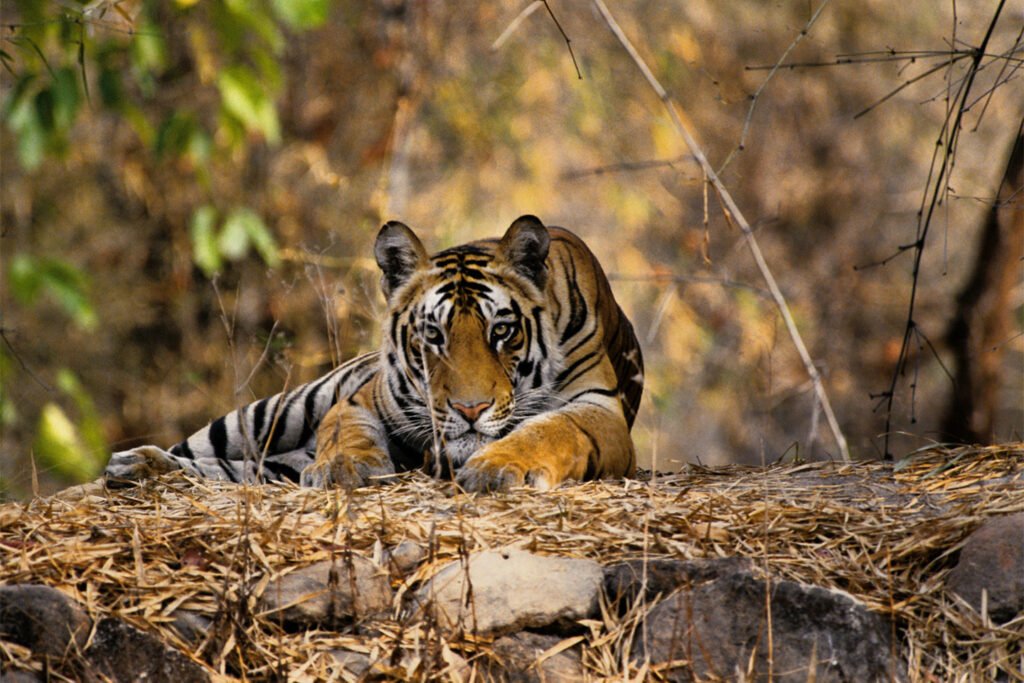
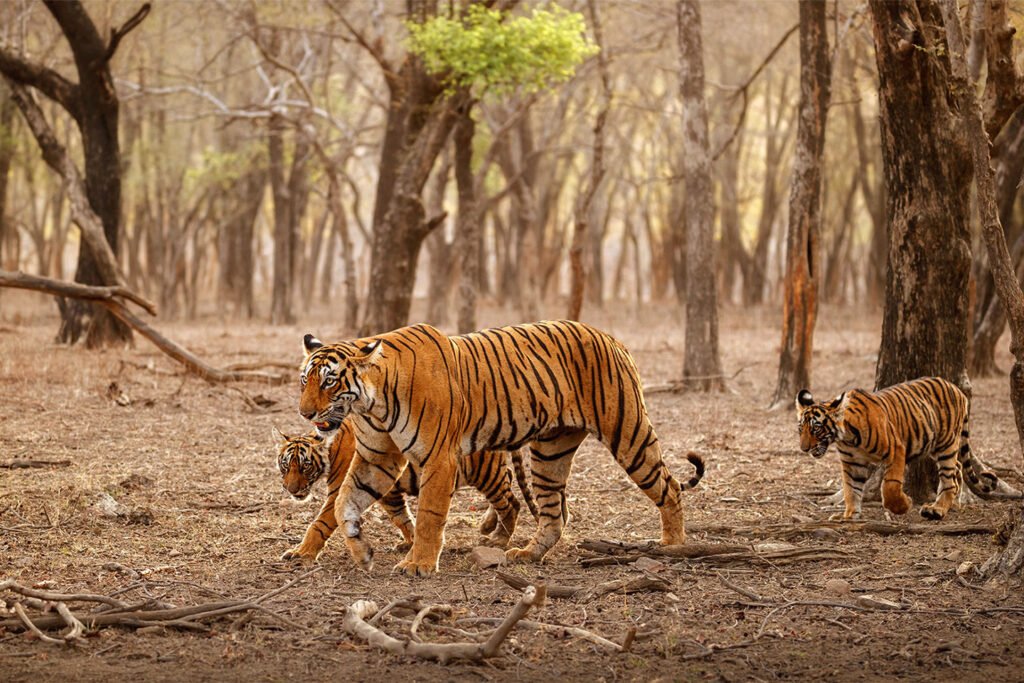
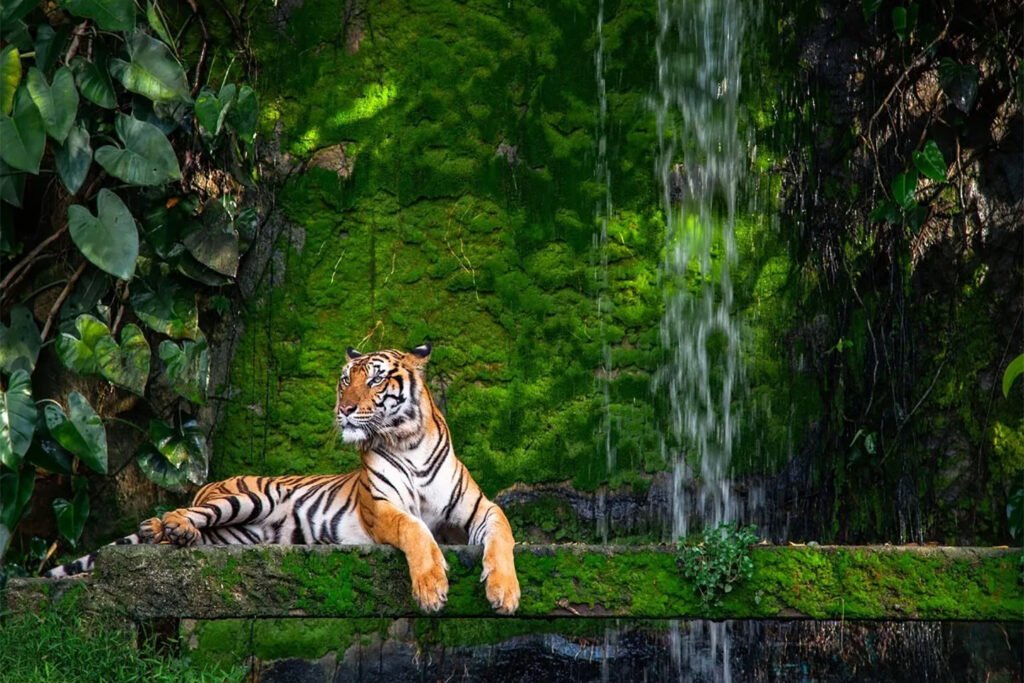

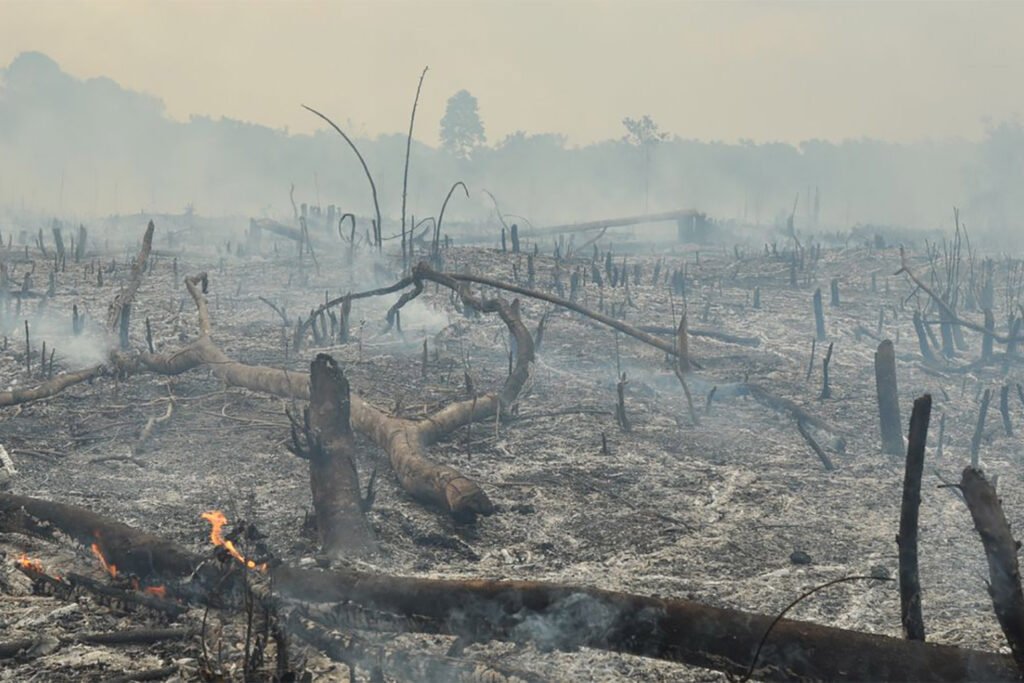
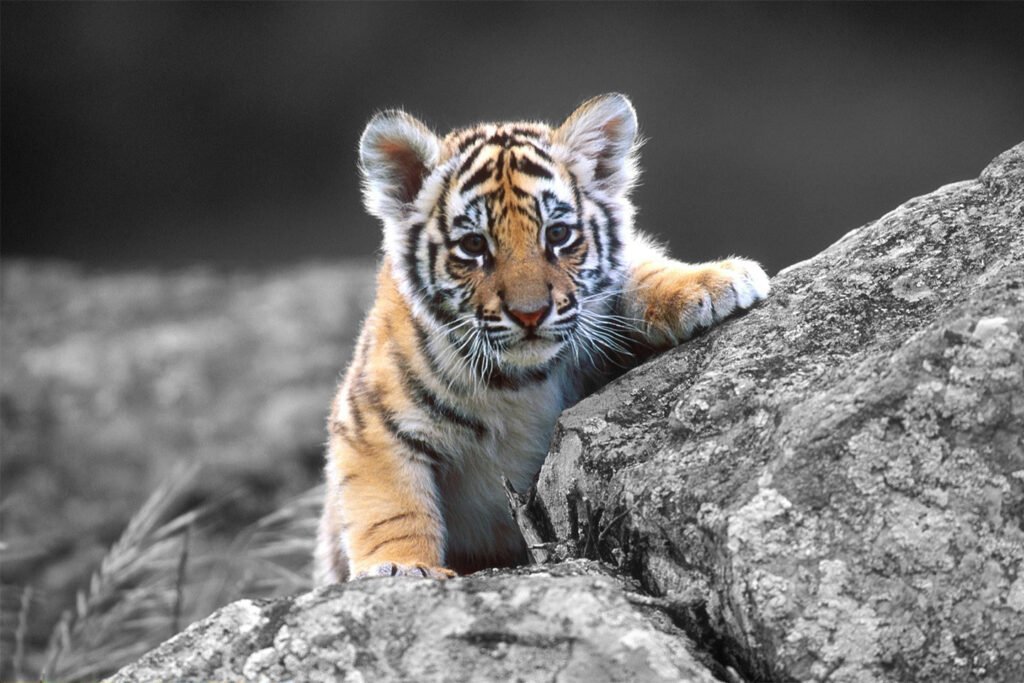
How can adopting an endangered animal help fight climate change?
Adopting an endangered animal through the World Wildlife Fund (WWF) primarily contributes to conservation efforts aimed at protecting endangered species and their habitats. While this may not directly combat climate change, it indirectly supports the broader goal of preserving biodiversity, which plays a crucial role in mitigating climate change. Here’s how adopting an endangered animal with the WWF can contribute to these efforts:
- Preserving Ecosystem Services: Many endangered species are keystone species or play important roles in their ecosystems. By protecting these species and their habitats, WWF helps maintain the ecological services these ecosystems provide, such as carbon sequestration, water purification, and climate regulation.
- Habitat Conservation: WWF’s conservation projects often involve preserving and restoring critical habitats, including forests, wetlands, and marine environments. Healthy ecosystems help absorb and store carbon dioxide, reducing its concentration in the atmosphere.
- Biodiversity Conservation: Biodiversity is essential for ecosystem resilience and adaptation to climate change. By safeguarding endangered species, WWF contributes to maintaining a diverse range of genetic traits and species that can better cope with changing environmental conditions.
- Community Engagement: WWF works with local communities to develop sustainable conservation practices. These efforts can lead to reduced deforestation, more responsible land use, and improved natural resource management, which, in turn, can mitigate climate change impacts.
- Climate Advocacy: WWF engages in advocacy efforts at local, national, and international levels to address climate change. While adopting an endangered animal directly supports conservation, your contributions may indirectly support WWF’s broader climate change initiatives.
- Education and Awareness: Adopting an endangered animal helps raise awareness about the importance of biodiversity and conservation. Educated and aware individuals are more likely to make environmentally conscious choices and support climate-friendly policies and practices.
- Conservation Financing: Funds generated from adoptions and donations are often reinvested in conservation efforts, including those related to climate change. WWF uses these resources to support research, anti-poaching efforts, and sustainable development projects that have positive environmental impacts.
While adopting an endangered animal may not be a direct climate change mitigation strategy, it is an essential part of the broader effort to protect the planet’s ecosystems and biodiversity, which are intertwined with climate stability. By supporting organizations like WWF and their conservation work, you contribute to a healthier planet and indirectly support climate resilience and mitigation efforts.



 Day 8
Day 8